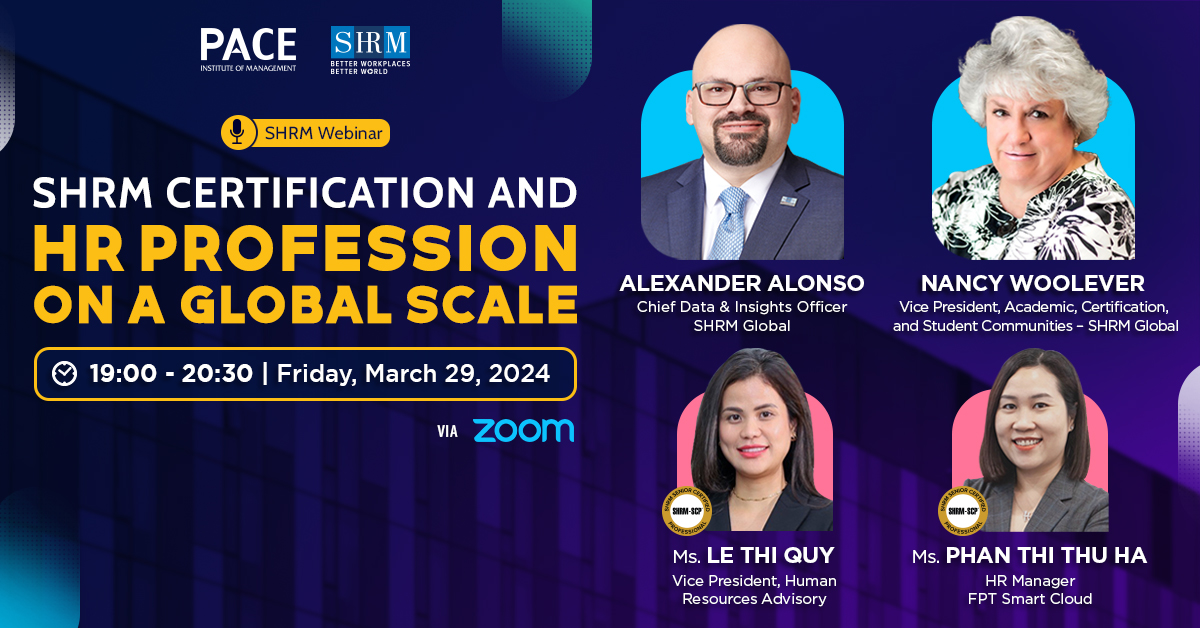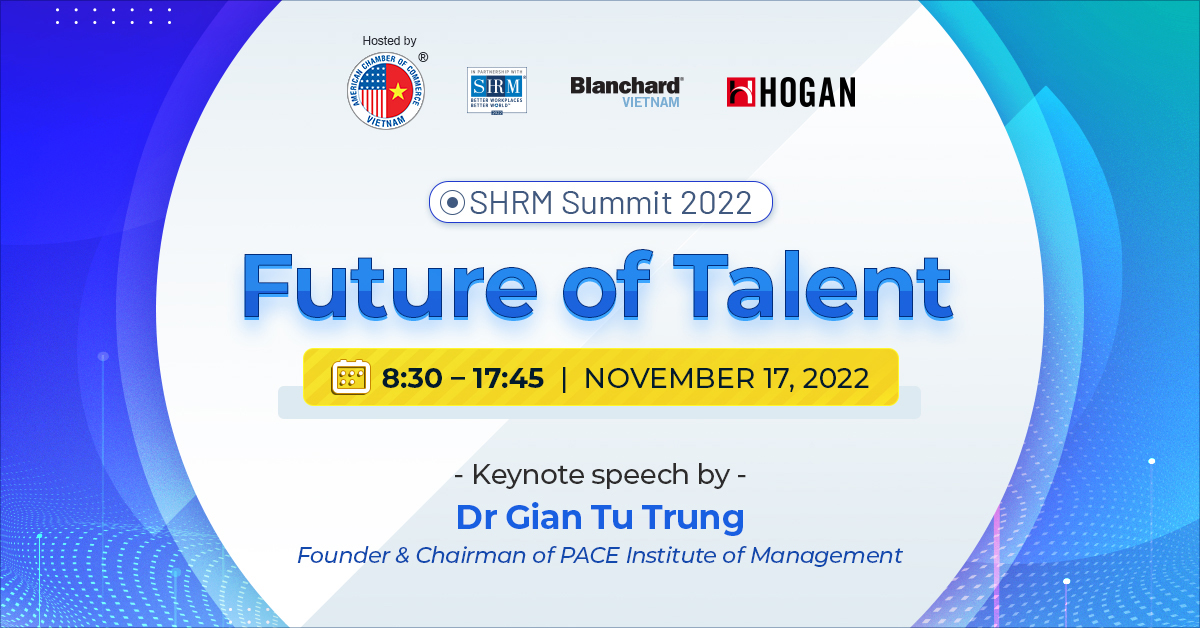WHAT CAN RECRUITERS DO ABOUT GHOSTING?
Strio Consulting's chief people officer, Robin Schooling, still remembers the one that got away.
It happened in 2005, while she was working as a recruiter in the hospitality industry. She had hired a senior leader who was to start on a Monday morning.
"A 'cast of thousands' had participated in the selection process, from interviewing to making the offer, and the executives were eager to bring [the new hire] on board and get started," she recalled.
But Monday came and went without an appearance or word from the new hire, who was relocating from another state. "He didn't show up, and no one was able to reach him," Schooling said. A week passed before he let the company know that he had gotten about halfway through the 1,000-mile drive before changing his mind and turning back. "That was the last we heard of him."
The high-level no-show led to "a lot of finger-pointing" and reflection about the company's hiring process. "Certain hiring managers adjusted how they interacted with candidates because of that incident," Schooling said. "They realized that it's up to them to make sure that the candidate is getting enough information about the job and the company and not to take for granted that everybody who goes through the process wanted to work for us."
That's sage advice for employers dealing with an increasing number of candidates who drop out of the hiring process, fail to show for interviews and even accept offers but then disappear.

Radio Silence
t's called "ghosting"--someone suddenly ending all communication without an explanation. Companies say more candidates and new hires are ghosting them, disturbing hiring plans and rattling recruiters.
Being ghosted is "very upsetting," especially when it's by someone you've come to trust, said Claire Petrie, talent acquisition manager in the Buffalo, N.Y., office of Remedy Intelligent Staffing.
While recruiting for a call center job at a previous employer, Petrie guided a candidate who had worked part-time for the company through the process for a full-time position.
"He applied, had great internal references and went through the whole process―the interview, background check―and accepted the offer," Petrie remembered.
But then for orientation he was a no-show. "I gave him a call, and he didn't answer," she said. "I tried again later that day, worried that he may have been in an accident or in some kind of emergency. I finally got through. When I asked what had happened, he told me that he got another job and forgot to let me know. I was so offended because I thought we had a really good relationship. It showed me that anyone—even someone considered a sure thing—could ghost."
Tanya Bourque, the founder of OpExpert, a boutique talent-acquisition consulting firm in Wyomissing, Pa., said that the rate of no-shows she has experienced increased in 2018, and attempts to follow up with candidates are becoming increasingly futile.
Last summer Bourque lined up 10 candidates for onsite interviews with a client looking for customer service representatives and account executives. "Only four people showed up," she said. "I was mortified at the turnout and worked quickly to try to make contact with the other candidates. Despite calls and e-mails, there was not one response. I was left baffled and embarrassed."
But ghosting represents a much bigger problem than hurt feelings or poor etiquette. No-shows are a real cost for organizations, said Brian Kropp, group vice president of the HR practice at research and advisory firm Gartner in Arlington, Va.
"Ghosting is disruptive across the board, from a business head expecting that they're ready to launch a project, to recruiting thinking that their work is done and are now at a restart, to HR thinking [they] had closed the position and [now] have to reopen it," said Sarah Smart, vice president of global recruitment at Hilton in McLean, Va.
Times are changing
Browne suggested that there's a larger reason behind the increase in no-shows that should be a wake-up call for HR: There is a behavioral shift among job seekers and workers.
"The traditional thought process of 'I apply for a job, I interview for a job, I get hired and I start the job'—those days are over," he said. "Workers are thinking of themselves as free agents. Candidates owe us nothing. This whole idea of loyalty and professionalism is archaic."
He said status quo recruiting will ultimately fail, and employers need to be more pliable to accommodate a contingent-minded workforce. "Employers need to set themselves up as available and attractive, and if someone chooses not to show up for an interview or a start date, instead of getting upset, move on, get creative and come up with new solutions and strategic alternatives."

Preventing No-shows
Some recruiters have begun stacking candidates and overbooking interviews, knowing up to half of the appointments for entry-level roles may not show up. "If you're in a high-volume hiring environment in the service industry or retail, you should switch to mass-hiring events where you schedule 30 to 60 people at a time to interview, to hedge your results," Staney said.
"If we know we have two openings, we'll set up eight to 10 interviews," Browne said. "In the past, we'd have set up four interviews for two openings, but since we know the dynamic has changed, we set up an alternative approach. If all 10 people show up, it's a bonus."
Schooling pushed her hiring managers at the casino to recruit continuously to mitigate the damage caused by ghosting. "Keep interviewing, keep talking to candidates, keep that pipeline going. Never stop recruiting," she said. "If that person ghosts or isn't successful for any other reason, you've got backups."
Petrie explained that ghosting occurs most frequently in the hiring stage, usually because selecting a candidate is taking too long. She advises her hiring managers to shorten the process, limit the number of interview rounds and provide interview feedback to candidates as soon as possible. "If you leave a candidate floating out there with no feedback after an interview, the chances of being ghosted go up."
Schooling stressed quick hiring for hourly roles. "We don't want to waste any time," she said. "We'll make an offer the day after an interview."
Candidates are often interviewed and hired the same day at LaRosa's. "When candidates go through your 14 layers of getting back to them, they're done," Browne said. "You took too much time. The candidate has other options."
Staying Connected
oiled down, ghosting is a failure to communicate. "It's HR's job to stay connected with candidates from the moment contact is initiated all the way to beyond their first day," Smart said.
At Hilton, that's accomplished through technology and by encouraging recruiters to build personal relationships with candidates. "They have so many different tools at their disposal that makes their connection with candidates frictionless," she said. "They are welcome to use social media, connect through our ATS [applicant tracking system] our CRM [candidate relationship management] platform and customize messages through an opt-in talent network."
Balancing recruiters' workloads is also important, she said. "If you have too many [requisitions], you can't possibly keep track of your candidates, much less have the freedom and the time to really develop personal relationships."
Not all organizations have the luxury of offering concierge-level service, but it's important for everyone involved in the hiring process to communicate authentically with candidates and new hires to prevent no-shows.
"Provide clear expectations on what the role is and isn't," Browne said. "Have candidates tour the workplace, let them see what the job is and who their colleagues will be, and make them feel at home. That way it's not an interview about the culture; it's a peek inside the culture. I want people to opt in, instead of me choosing them."
Schooling made sure candidates had all the information they needed about the role during the interview process when she was with Hollywood Casino. "Providing as much clarity around the schedule, the pay, a realistic job preview and nonnegotiable aspects of the job helps prevent ghosting," she said.
Another way to deter candidates and new hires from ghosting is making sure your compensation packages, benefits and workplace culture are competitive in the marketplace, and highlighting those differentiators upfront during the interview and onboarding process, Bieler said. "Today's job seekers are savvy and want to know the perks of choosing you as an employer."
Staney recommended that recruiters serve as career coaches to candidates and develop a transparent relationship with them. "Let them know that you will be honest with them, and in return, if they are seriously considering another opportunity, [that you hope they will] reciprocate," he said. The logic is that if recruiters are honest and consultative, candidates are less likely to ghost them.
"Candidates will feel more comfortable telling the recruiter what's really happening, instead of just disappearing," he said.

Keeping New Hires Engaged
One of the most effective ways to curb new-hire ghosting is to begin integrating them into the company immediately after they accept the role.
"Our job is not done when we get the offer signed," Staney said. "Hiring managers should start folding them in, start introducing them to people to make them feel part of the team and start formal onboarding. If they are integrated and excited to begin, they may not listen to another recruiter coming at them."
Kropp said managers should use the time before a new hire's start date to develop a relationship with the new employee. "You can create special experiences for new hires where they come in and meet the team. If you have set start dates for groups of people, have them get together and invite them to lunch before they start."
Preboarding, the component of onboarding that takes place before the new employee's start date, is the reason Schooling rarely experienced a day-one no-show. Paperwork, uniform fitting and obtaining a gaming license weeded out the people who were not truly committed to working at Hollywood Casino.
Preboarding could last from one to three weeks. "During this time, someone from HR was in contact with all new hires every day," Schooling said. "It's very high-touch. I think that helped us, keeping them close before they started."
|
Training Program
INTERNATIONAL HUMAN RESOURCE MANAGEMENT/IHRM
Internationalize the human resource management capabilities of HR professionals in Vietnam
Opening Date: March 14, 2019 in HCMC
Opening Date: March 21, 2019 in Hanoi
|










